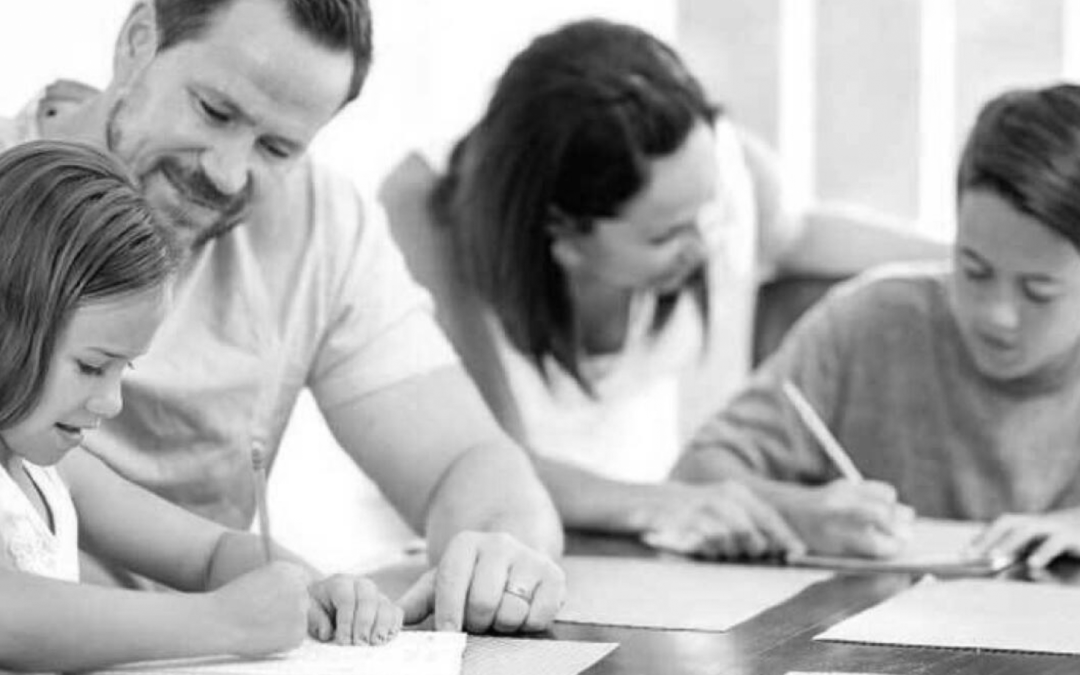The recent incident in Dubai, where a Grade 7 student went missing and was later safely reunited with his family, sheds light on the crucial role parents play in supporting the emotional well-being of their adolescent children. As we explore the aftermath of this incident, child mental health professionals in the UAE emphasize the challenges young individuals face and the pivotal role parents play in navigating the delicate phase of adolescence.
Academic Pressure: A Common Trigger
Arpita Anand, an adolescent and adult counseling psychologist, highlights academic pressure as one of the most common triggers during adolescence. The critical developmental phase prompts teenagers to seek greater independence, making them susceptible to risk-taking behaviors. Dealing with setbacks becomes challenging, and lacking coping mechanisms, teens may personalize failures, leading to emotional distress.
Dubai-based brain coach, Vidya Venkat, underscores the impact of academic stress on developing brains. Academic pressure triggers a fight-or-flight response, affecting focus, information processing, and emotional management. Open communication between parents and children becomes paramount, creating an environment where concerns can be expressed without fear of judgment.
Strategies for Parental Support
To address these challenges, Vidya Venkat recommends effective parental strategies. Encouraging a balanced approach, striking a healthy equilibrium between academics and leisure activities, is crucial. Focusing on effort, not just achievement, by acknowledging a child’s hard work irrespective of outcomes helps build resilience.
Parents are urged to foster open communication, ensuring that children feel safe expressing their concerns. Recognizing the impact of academic stress on a child’s mental well-being is vital. Parents play a pivotal role in guiding their children through these pressures, offering support and understanding.
Global Perspective on Adolescent Mental Health
According to the World Health Organization (WHO), depression ranks as the third leading cause of illness and disability among adolescents aged 10 to 19 globally. Suicide stands as the third leading cause of death among teens. In the UAE, between 17 and 22% of youth experience depressive symptoms, indicating a global concern that requires attention.
Signs of Mental Distress in Children
Understanding the signs of mental distress in children is crucial for early intervention. Depression in children may manifest through persistent sadness, loss of interest in activities, changes in appetite and sleep, low energy, feelings of worthlessness, difficulty concentrating, and social withdrawal.
Anxiety in children exhibits signs such as excessive worry, physical symptoms like stomach aches and headaches, avoidance behaviors, irritability, sleep disturbances, and perfectionism. Severe cases may lead to panic attacks characterized by intense fear and physical symptoms.
Seeking Professional Intervention
Arfa Banu, a clinical psychologist, defines mental disorders in children as patterns or changes in thinking, feeling, or behavior that cause distress, hindering a child’s ability to function. She notes that parents often struggle to comprehend these symptoms, underscoring the need for timely professional intervention.
Dr. Nada Omer Mohamed Elbashir, a consultant psychiatrist, emphasizes the importance of child mental health as a crucial component of overall well-being. Early identification of signs and symptoms allows for timely intervention and crucial support for the child.
Conclusion: A Call to Action
As we navigate the complexities of adolescent mental health, the recent incident in Dubai serves as a poignant reminder of the challenges young individuals face. Parents, armed with effective strategies and open communication, can guide their children through the pressures of adolescence. Recognizing the signs of mental distress and seeking professional intervention when needed are imperative steps toward nurturing the well-being of the younger generation. In the global context, addressing adolescent mental health emerges as a collective responsibility, ensuring a healthier and more resilient future.

Erin Balsa is a highly skilled and knowledgeable health journalist with a passion for educating the public on important health and wellness topics. With extensive experience in both traditional and digital media, Erin has established herself as a trusted voice in the field.

